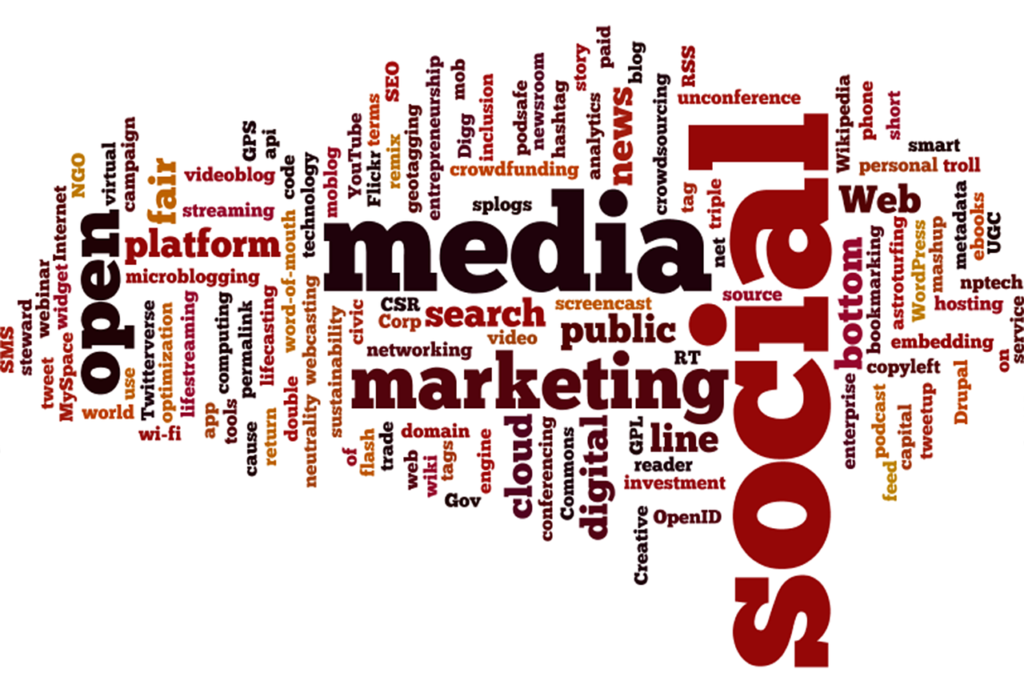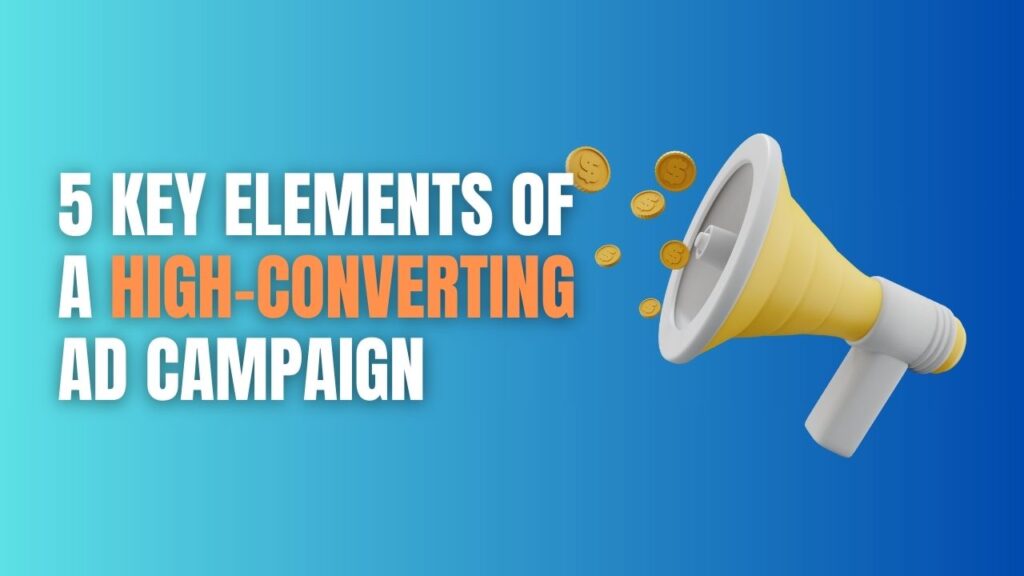In digital marketing, allocating your budget wisely across different advertising platforms is essential for maximizing your ROI and achieving your business objectives. With Facebook and Google Ads being two of the most prominent advertising platforms, understanding how to allocate your budget effectively between these channels can significantly impact your overall marketing success. In the third quarter of 2020, Facebook reported ad revenue of $21.2 billion, while Google’s ad revenue reached almost $46 billion, underlining their dominance in the digital advertising space.
What is the Importance of Budget Allocation?
Allocating your budget between Facebook and Google Ads requires a strategic approach that considers various factors such as your target audience, advertising objectives, and the nature of your business. While both platforms offer unique advantages and targeting capabilities, determining the optimal budget allocation requires careful analysis and experimentation.
Assessing Platform Strengths and Audience Reach
Facebook Ads:
Facebook Ads offer unparalleled targeting options, allowing advertisers to reach highly specific audiences based on demographics, interests, behaviors, and more. With over 2.8 billion monthly active users, Facebook provides extensive reach and engagement opportunities, making it ideal for brand awareness, lead generation, and remarketing campaigns.
Google Ads:
Google Ads, on the other hand, dominate the realm of intent-based advertising, as they allow advertisers to target users actively searching for products or services related to their business. With Google’s vast network including Search, Display, YouTube, and Gmail, advertisers can capture users at various stages of the buying funnel, from awareness to purchase intent.
Factors Influencing Budget Allocation
1. Advertising Objectives:
- Brand Awareness: Allocate a larger portion of your budget to Facebook Ads, leveraging its robust targeting capabilities to reach and engage with your target audience.
- Lead Generation: Distribute your budget evenly between Facebook and Google Ads, utilizing Facebook for top-of-funnel awareness and Google for capturing intent-based leads through search and display campaigns.
- E-commerce Sales: Allocate a significant portion of your budget to Google Shopping and Search Ads to capture users actively searching for products, while also leveraging Facebook dynamic ads for retargeting.
2. Target Audience:
- Demographics: Analyze your target audience demographics and preferences to determine which platform aligns better with your audience profile.
- Behavioral Intent: Consider the intent behind user interactions on each platform – while Facebook is great for targeting users based on interests and behaviors, Google Ads excel at capturing users actively seeking information or making purchasing decisions.
3. Industry and Competition:
- Competitive Landscape: Evaluate industry benchmarks and competition to gauge the effectiveness of advertising on each platform within your niche.
- Historical Performance: Analyze past campaign performance on both platforms to identify trends and allocate budget accordingly.
Practical Tips for Budget Allocation
- Start Small and Scale Gradually: Begin with a modest budget split between Facebook and Google Ads, and gradually adjust allocation based on performance insights.
- Monitor and Optimize Continuously: Regularly review key performance metrics such as CTR, CPC, conversion rate, and ROAS to make data-driven decisions and optimize budget allocation.
- Implement A/B Testing: Experiment with different budget allocations, ad creatives, targeting options, and bidding strategies to identify the most effective combination for your business.
- Utilize Advanced Tracking and Attribution: Implement conversion tracking and multi-touch attribution models to accurately measure the impact of your advertising efforts across different channels.
Summary
Effective budget allocation between Facebook and Google Ads is crucial for maximizing your advertising ROI and achieving your business goals. By understanding the strengths of each platform, assessing your advertising objectives, target audience, and industry dynamics, and implementing best practices for budget allocation and optimization, you can create a well-rounded advertising strategy that drives meaningful results for your business.
Allocate your budget wisely and watch your advertising efforts yield impressive results. Whether you’re aiming for brand awareness, lead generation, or e-commerce sales, finding the right balance between Facebook and Google Ads is key to unlocking your business’s full potential. Start implementing these strategies today and take your digital marketing efforts to new heights!



